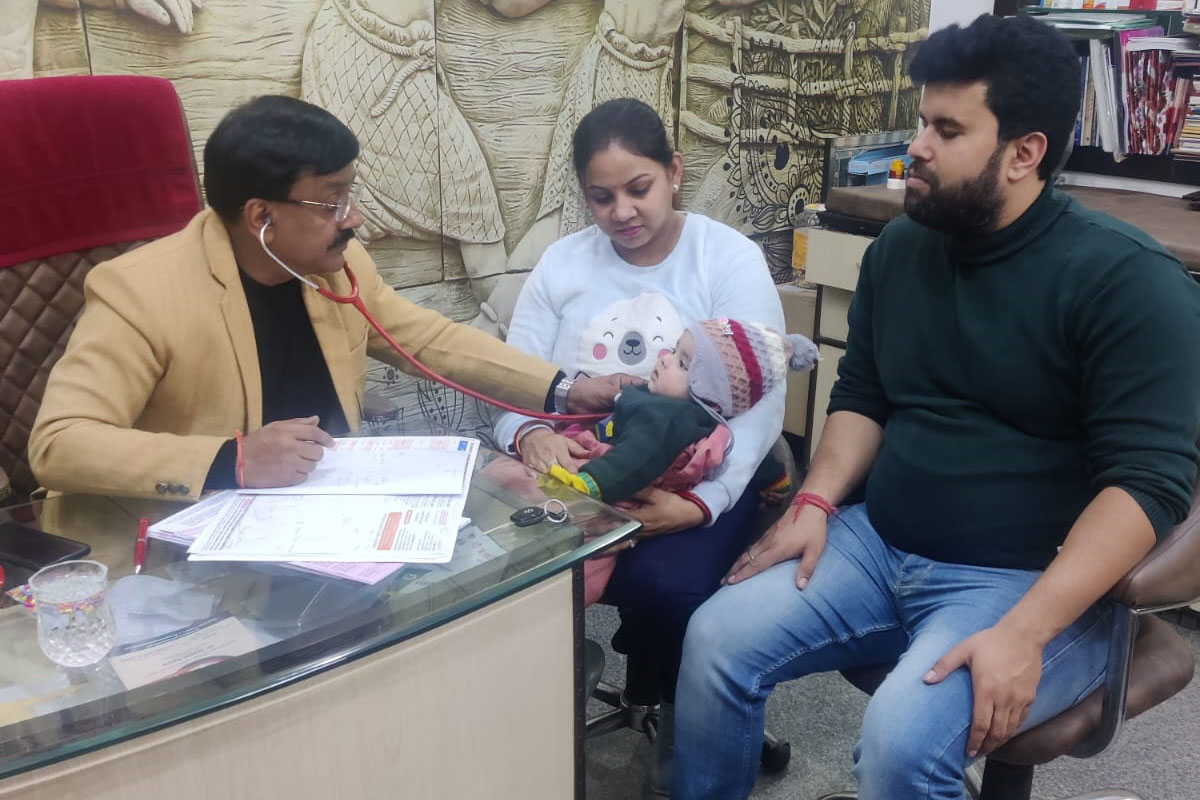
Understand the stages of a child's growth and development.
An important aspect of parenting is understanding the changes your child will encounter during growth and development. As children advance through a sequence of growth stages they may face several challenges and relatively common problems.
Although no children are exactly alike, there are universally accepted theories of human development and growth patterns most share. Children not only vary in physical appearance, they also express differences socially and mentally, as well as through personality and behavior. How children interact with others and respond to their environment also changes throughout the developmental stages. Generally these changes occur in an orderly manner; however, the rate of progression varies among children.
Gaining an understanding for the series of development helps prepare parents to provide the proper care and attention their child needs.
CHILD DEVELOPMENT STAGES
Children’s growth and development can be divided into four distinct stages including:
Infant Development (Newborn and Baby) – Immediately following birth, a newborn will lose approximately 5% to 10% of their birth weight. By the age of 4 to 6 months, a newborn’s weight should double from birth and will slow during the second half of their first year of their life.
Toddler Development (Preschool Years) – Between ages 1 and 5, toddlers will gain approximately five pounds each year.
Childhood Development (Middle School Years) – Although your child’s growth will remain steady, once he or she begins puberty they will experience a significant growth spurt, approximately around age 9.
Adolescent Development (Teenage Years) – A child’s growth will typically peak by mid to late teens when their skeletal system has fully formed.
A child’s nutritional needs will also alter corresponding to changes in growth. As an infant, there is a greater need for caloric intake than that of a preschooler or middle school child. Nutritional needs will increase again as child reaches adolescence.
Proper nutrition is not only important for a child’s health and growth patterns, but also for their mental development. Children may lack energy or feel tired if they do not receive a sufficient diet throughout the day.